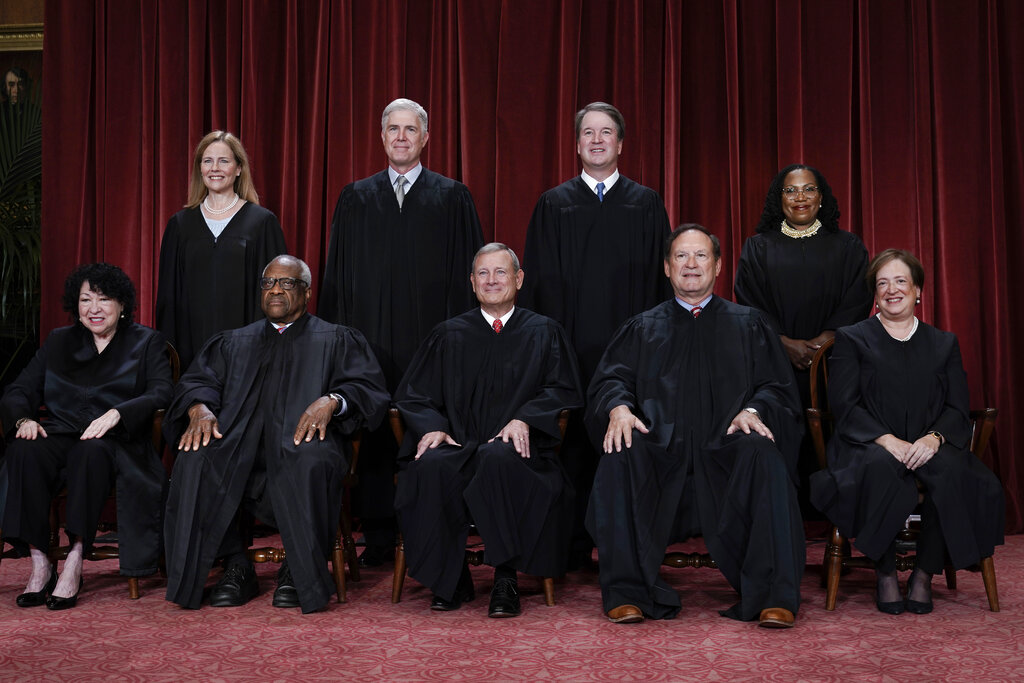Gabriel Olivier is challenging a Brandon, Mississippi ordinance that prohibits religious speech on a public sidewalk near the city's amphitheater.
A lower court decision bars Olivier from challenging the ordinance. With help from First Liberty Institute and attorneys with the law firm Gibson Dunn, Olivier is asking the Supreme Court to challenge the ordinance.
First Liberty attorney Nate Kellum says the ordinance has numerous problems.
"The constitutional concern is really multi-layered. First, he was stopped by a city ordinance, Brandon's ordinance, that essentially separates him and other speakers from being able to communicate with their audience to be able to share the Gospel with people to be able to evangelize."
The ordinance keeps Olivier and others 300 feet away from the people with whom they'd like to share information in Brandon.
The city prohibits Olivier by law from engaging in religious speech – whether through oral dialogue, signs, literature, expressive clothing, or one-on-one conversations, it makes no difference – on city-owned sidewalks and grassy areas in the park.
Inadequate 'protest area'
"It completely eliminates his ability to be able to share the Gospel, which is the very reason why he wants to go to that public park in Brandon. But the more fundamental, the more basic problem is he's not even given an opportunity to challenge this blatantly unconstitutional law in court and the reason is because an officer unjustly arrested him,” Kellum said.
Dissatisfied with the “protest” area, Olivier tried to speak in the park where he could reach people. Soon after, Brandon police arrested him for violating the ordinance.

“He just paid a fine, and because of that, the federal district court where he filed his claim decided that he could not pursue his claim, that the state criminal court had already dealt with it and due to really a very unusual approach to a U.S. Supreme Court decision, decided that he was precluded from even challenging that ordinance,” Kellum said.
The district court dismissed his constitutional claim, without even considering the merits of it, relying on Fifth Circuit precedent and a Supreme Court case, Heck v. Humphrey, that held a prisoner could not bring a constitutional claim challenging sentencing and must instead rely on habeas corpus, a recourse only available for prisoners.
But Olivier was never a prisoner.
Now, the Supreme Court is his only recourse.
“Even though he wants to go out there tomorrow, he wants to go out there next week, he wants to go out there next year, he's not allowed to bring his claim."














